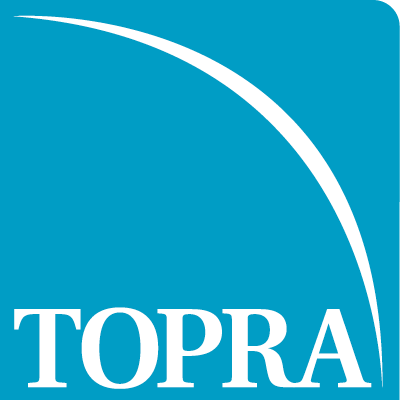Level 7 (at end of programme)
30 months maximum duration
£21,000 funding band maximum available through the Apprenticeship Levy. Employers that do not pay the Levy will fund 5% of the funding band maximum.
Regulatory Affairs Specialist
Ensuring healthcare products for human and animal use are licensed before being sold or supplied.
Occupational summary
A Regulatory Affairs Specialist is responsible for developing and implementing strategies that allow a company to legally develop, manufacture, market and supply healthcare and/ or veterinary products. The role critically evaluates the evidence generated during the development and use of the product for its suitability to support obtaining and managing marketing authorizations, CE marks and approvals for clinical studies in line with legal requirements. This role may be performed within an organisation that may range in size from innovative SME businesses to major multinational companies. A Regulatory Affairs Specialist may also work within service companies offering consultancy support to manufacturers or in the relevant competent authorities or Notified Bodies where they will be assisting in the review and assessment of regulatory and technical dossiers prior to issuing a licence.
Typical jobs include: Regulatory Associate, Strategist, or Executive, Regulatory Affairs Manager, Regulatory Compliance Professional, Medical Device Competent Person.
Knowledge:
Regulatory Affairs Specialists will develop a thorough understanding of the regulatory environment, including key organisations, legislative processes, and differences across geographic and sectoral systems such as the UK, EU, and global markets. They will be aware of current and emerging regulatory trends, their strategic implications, and the role of Regulatory Affairs throughout the product lifecycle, including expedited pathways and post-marketing requirements. This includes engaging effectively with regulatory authorities and collaborating with functions such as quality, risk management, health economics, and clinical development. Regulatory Affairs Specialists will understand Good Practice standards, regulatory documentation, scientific data analysis, and clinical trial requirements, as well as benefit-risk assessments. They will also grasp the practical use of regulatory procedures, their strategic selection, and the impact of regulatory decisions on businesses, patients, and healthcare innovation.
View the full occupational standard held by Skills England here: Regulatory affairs specialist / Skills England
Skills:
Regulatory Affairs Specialists will manage multiple projects in a regulated environment, ensuring timely, quality delivery within budget. They will address complex problems with critical thinking and creativity, making evidence-based, impartial decisions and knowing when to escalate. Using negotiation and diplomacy, they will build trust and manage stakeholder interdependencies. They will assess data to support risk and safety, propose risk mitigation strategies, and apply evidence-based plans. They will communicate complex information clearly, influence effectively, and tailor presentations for senior stakeholders. They will manage and share data appropriately, build networks, work autonomously on regulatory strategy, and use IT systems to support their work.
View the full occupational standard held by Skills England here: Regulatory affairs specialist / Skills England
Behaviours:
Regulatory Affairs Specialists will display integrity, making decisions in line with legal, ethical, and corporate standards, while respecting confidentiality and the rights of all participants in the development process. They will take responsibility for professional conduct, remain open to scrutiny, and lead regulatory deliverables to meet business needs. Working autonomously and collaboratively, they will know when to seek guidance and contribute effectively within multidisciplinary teams. Specialists will commit to continuous development, keeping pace with scientific, medical, and regulatory changes, and engaging in independent learning. They will promote a culture of compliance, speak up when issues arise, and prioritise the needs of all stakeholders, especially patients and end users.
Entry requirements
- Employers have discretion to set their own entry criteria for this apprenticeship, though apprentices will usually hold a degree in a scientific, engineering or law discipline.
Progression routes
Training providers:
Training provider analysis

Next steps
This programme starts in TBC
For more information, please contact us
